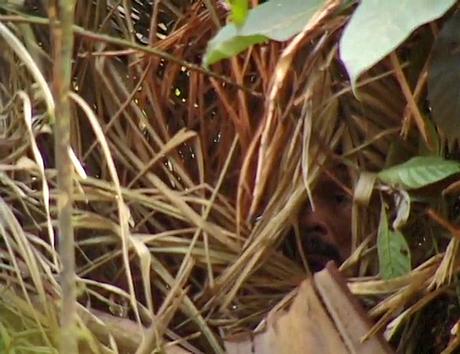
When I heard the news that the Indigenous man described as “The loneliest man in the world” had died, I felt a profound sadness.
He’d lived entirely alone for 26 years, deep in the Brazilian Amazon, and had resisted every attempt at contact by outsiders.
Everyone close to him – his family, friends, all the other members of his tribe – had been killed in a series of brutal attacks. There was no one left who knew his name, or even the name of his people. But we know that he was the last of his tribe and that with his death, their genocide is now complete.
Donate today
I never met this man, of course, but when I accompanied officials on a trip to monitor his territory in 2005, I saw one of the abandoned shelters he built for himself – a hut with a deep hole inside, probably to hide in.
This powerful insight into the trauma he went through has stayed with me.
Survival exists to make sure that courage like his does not go unheeded, and that suffering like his is not repeated. Because his experience is far from unique. There are more than 100 uncontacted tribes in Brazil, and many others around the world. Their lands – and their lives – are continually under threat.
The recent elections in Brazil give hope, but terrible threats remain. In a neighbouring part of the Amazon, for example, a Brazilian company is planning to mine gold in the territory of the last two surviving uncontacted Piripkura, one of the most vulnerable uncontacted tribes in the world.
Donate today
Don’t the Piripkura have the right to exist, as much as any other people? Will we just stand by and watch while such peoples are wiped out?
Survival stands for a better world, one which values human diversity, rather than erases it. We know our campaigns – your campaigns – have already helped many such tribes to survive, but there is much, much more to do.
Will you donate today to support this vital work? This winter, your gift will be matched by a generous donor who will double your donation pound-for-pound up to £80,000.
I know times are very hard for many, but I also know that there are countless people around the world who believe, as we do, that these massacres and killings have no place in today’s world, and we must do everything we can to stop them.
Fiona Watson, Research and Advocacy Director